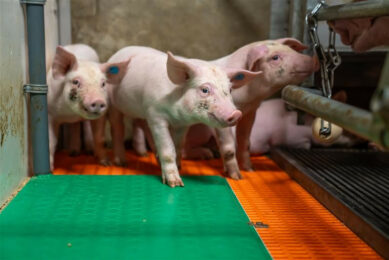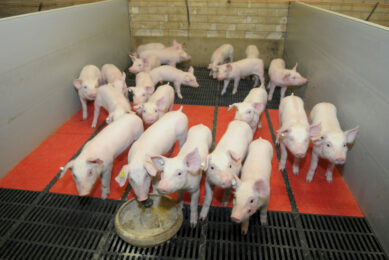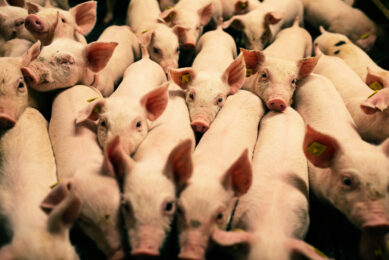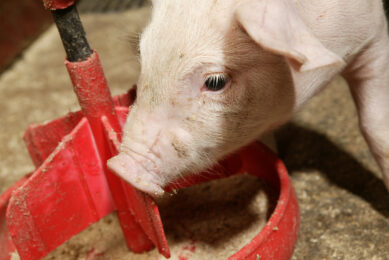Vaccines can help address consumer concerns
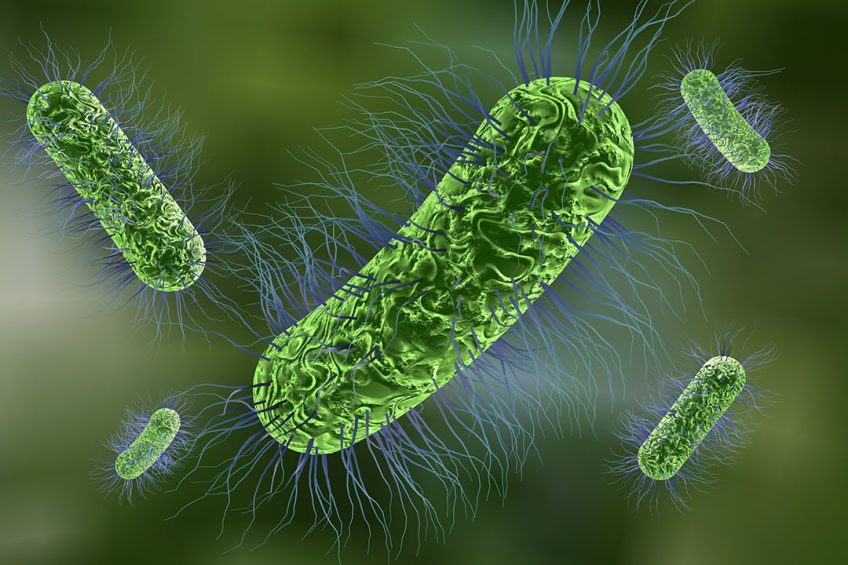
Today consumer choice is king. Traditional, free range, farrow stall-free, nitrate-free? Sustainable, ethical, affordable, tasty? Quite aside from their day-to-day tasks such as taking good care of their animals; applying farm management practices; and implementing biosecurity measures, farmers are required to take account of these endless consumer choices while determining how to manage their production systems.
Understandably, farmers have always weighed up the operational pros and cons of changing the products or practices they use, to ensure their farms remain strong, well-managed and sustainable enterprises. Increasingly, farmers need to ensure they address a range of other issues that are close to the hearts and minds of consumers. They also need to be able to explain their production system choices in relation to these consumer concerns.
To help swine producers achieve a balance between animal welfare and consumer concerns, vaccines have become more and more available as a means of satisfying both demands.
Meeting consumer demands – 4 key questions
While it can be confusing and costly to consider every new idea, practice innovation or product offering, there are 4 key questions that can help to reduce the complexity. For farmers seeking to meet the needs and desires of their food chain customers and end-consumers while ensuring they maintain healthy animals and a profitable business – these questions should provide good guidance. In many instances, adjusting practices or product choices will simultaneously address more than one of the key issues highlighted below:
 Food safety – Does the product or practice enhance food safety for end consumers?
Food safety – Does the product or practice enhance food safety for end consumers?
If a product or practice change reduces the risk of foodborne pathogens (like Salmonella or Campylobacter) by even a small percentage, that’s a positive outcome for food chain customers and their consumers, as well as a responsible choice for farmers. Farm-based food safety innovations include improved biosecurity practices and the use of vaccines to keep animal immune systems strong. Both of these measures have the effect of reducing the overall pathogen burden, and disease risk, in the environment where animals live.
 Animal well-being and health – Does the product or practice enhance animal welfare and animal health?
Animal well-being and health – Does the product or practice enhance animal welfare and animal health?
An example in swine production is the prevention of post-weaning diarrhoea in piglets. Even with the most thorough farm hygiene practices and good nutrition, the natural stress-related response to weaning increases the susceptibility of piglets to E.coli during this critical period. Incorporating a vaccine to improve control of E.coli infection avoids piglet dehydration, diarrhoea and death – this is a clear improvement in the welfare of young pigs that also meets the expectations of consumers regarding the maintenance of high standards of animal care.

 Reducing the risk of Antimicrobial Resistance (AMR) – Does the change of product or practice help to reduce the use of antibiotics important for human health?
Reducing the risk of Antimicrobial Resistance (AMR) – Does the change of product or practice help to reduce the use of antibiotics important for human health?
Practicing good antimicrobial stewardship is now a requirement of all farmers and veterinarians in an effort to mitigate against AMR. As existing antibiotic treatment protocols are phased out, alternative approaches are stepping up to replace them. In addition to improved nutrition and hygiene practices, good alternatives can come in the form probiotic food additives, animal-only antibiotics, and vaccines. For example, vaccines to protect piglets from E.coli infections that cause diarrhoea are playing an important role as the use of zinc oxide and colistin are phased out of swine production.
 Environmental Sustainability – Does the product or practice help support a more environmentally sustainable livestock production system?
Environmental Sustainability – Does the product or practice help support a more environmentally sustainable livestock production system?
Reducing resource requirements is a positive story for consumers, and for farmers alike. For example, post-weaning diarrhoea (PWD) in piglets can result in increased time to market and feed costs. The use of an E.coli vaccine to prevent PWD will ensure a more efficient production process that consumes less environmental resources such as feed, energy and water.
Sustainable solutions
More than ever, the future of livestock producers depends on their ability to anticipate and respond to consumer preferences, concerns and values. Elanco understands these challenges at every point along the food supply chain and offers innovative products and services to help producers succeed, and the animals in their care to thrive while enjoying a high standard of welfare. Elanco invests in world-class product innovation to give farmers access to the best solutions for the problems of today for a sustainable tomorrow. One example is the oral F4/F18 Enterotoxic E.coli vaccine for E. coli-related post weaning diarrhoea. This vaccine can help farmers to reduce the antibiotics use and remove zinc oxide from pig diets in a sustainable manner that is viewed positively by both regulators and consumers.
Author: Elanco
References available on request



